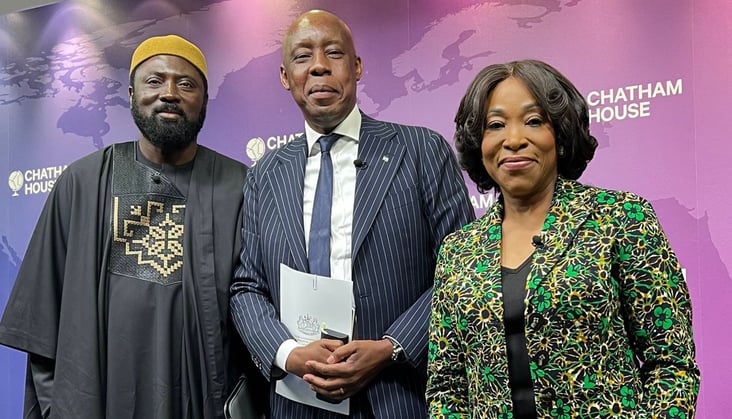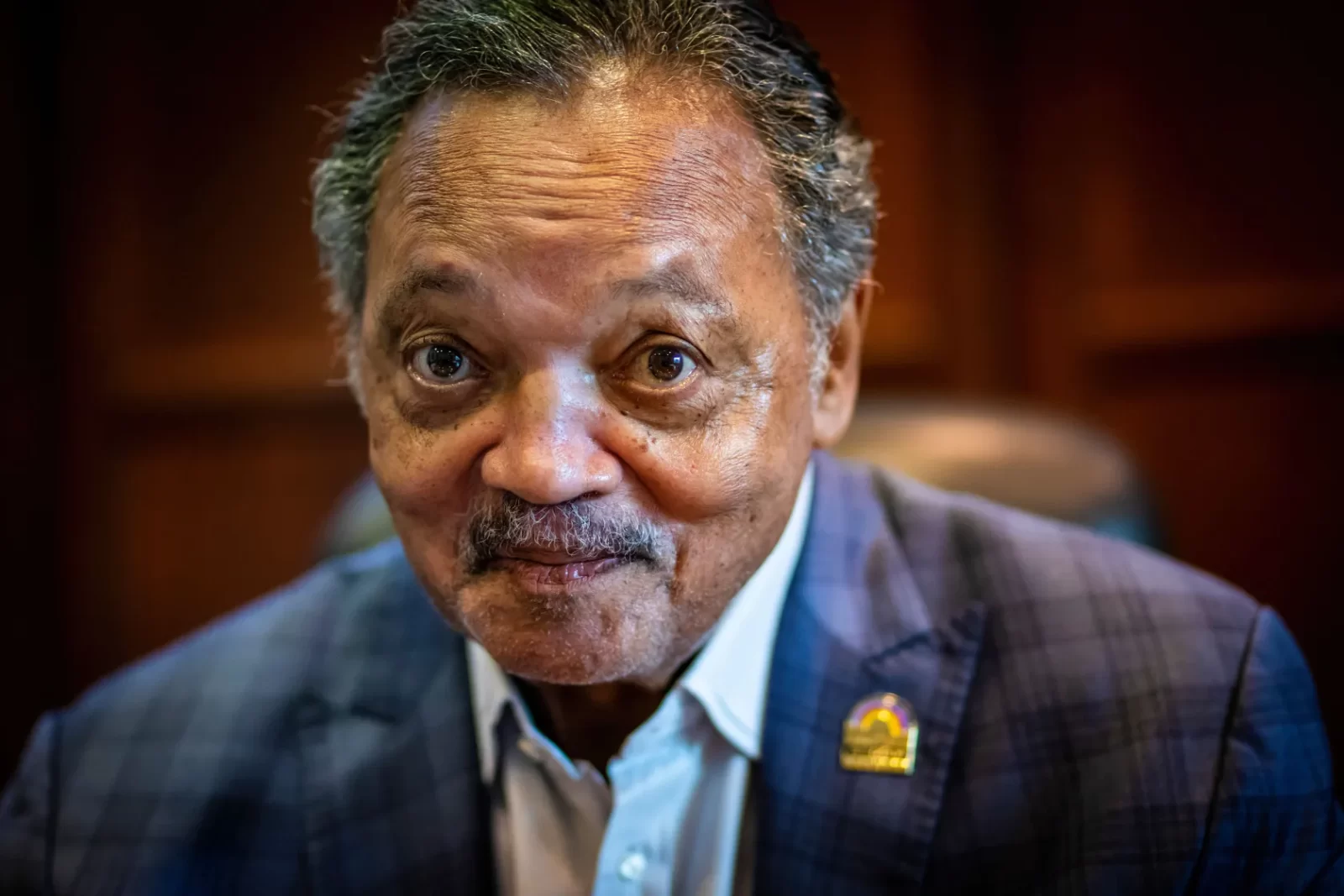An Analysis
Three African candidates – Ghana’s Foreign Minister Shirley Botchwey, Lesotho’s former Trade and Finance Minister Joshua Setipa, and Gambia’s former Foreign Minister Mamadou Tangara are top contenders in the race to become the next Secretary-General of the Commonwealth.
Chief Emeka Anyaoku of Nigeria was the first and only African to have occupied the top post from 1990-2000.
Elections will be held during the Commonwealth’s Heads of Government Meeting (CHOGM) at Apia, Samoa from 25-26 October for a new Secretary-General to replace Baroness Patricia Scotland from the Caribbean. Should the leaders fail to choose a winner from the three, they can propose a new candidate from the floor.
It is British King Charles’ first Commonwealth outing following his coronation in May 2023 after the death of his mother Queen Elizabeth II.
Attendance in Apia seems to have slumped to an historic low for Commonwealth summits.
The Apia meeting is also overshadowed by the debate over reparations for Transatlantic Slave Trade with the Caribbean States leading the charge to extract an apology and financial payment by Britain. Last year, a report co-authored by a UN judge concluded that Britain owes 14 countries at least £18.8 trillion, But London appears adamant.
Despite arguing in an optimistic Op-Ed that the organisation is ‘more relevant than ever’, Nigeria’s President Bola Tinubu will not be attending. Neither will South Africa’s President Cyril Ramaphosa who has been attending the BRICS (Brazil, Russia, India, China and South Africa) summit in Kazan, south-east Russia, and is sending his deputy foreign minister in his place.
Canada’s Prime Minister Justin Trudeau is not attending, nor is India’s Narendra Modi.
It is Africa’s turn to have a candidate in the post which comes with a salary of £160,000 (US$208,000) a year and also with a mansion in Mayfair.
The Commonwealth has a budget of almost £30 million a year. However, in 2020, the British government suspended its annual £4.7m funding for the Commonwealth Secretariat after concerns about financial procedures.
The reason for this decision dates back to an audit report in 2019 which stated that current Secretary-General Baroness Scotland had circumvented tendering rules to award a £250,000 contract to a close friend and fellow Labour peer (Africa Confidential Dispatches 30/6/22, Scotland wins leadership battle despite Whitehall opposition).
Botchwey is reported to have tied up some strong support from Britain and other powerful countries within the organisation. The patchy commitment to the Commonwealth by the leaders of the 56-member states contrasts with stronger interest from citizens and non-governmental organisations.
Over 20,000 viewers logged in to see a debate between the top three contenders hosted by the Chatham House think-tank, which was chaired by Zeinab Badawi, veteran Sudanese journalist and now President of SOAS, University of London.
Part of the citizens’ concerns about the Commonwealth focus on the widening disparity between the stated governance aims of the organisation and current political practice.
For example, Francophone Gabon, whose former leader Ali Ben Bongo Ondimba had a close relationship with Britain’s King Charles III, was admitted to the Anglophone club of nations.
Then Bongo was ousted by a military coup, and the country’s membership was suspended. Another Francophone state, Togo, has maintained its status but its President Faure Gnassingbé has changed the constitution to stay in power indefinitely.
Rwanda, strongly backed by Britain, has hosted the Commonwealth summit despite serial damning reports by Human Rights Watch and Amnesty International.
The intensifying crisis in Mozambique is not on the formal agenda of the summit. But it may be discussed during the informal retreat section of the summit.
This follow claims that the ruling Frente de Libertação de Moçambique (Frelimo) party has stolen the 9 October election, and the murder of two senior opposition advisors and lawyers (AC Vol 65 No 22, Activists organise national protests as Frelimo claims victory).
At the summit in Apia, the Commonwealth and its affiliated organisations are facing their own questions of governance. Lesotho’s Setipa is the official candidate of the Southern African Development Community (SADC) and has support from other member states outside Africa.
Setipa was Senior Director of Strategy, Portfolio, Partnerships and Digital Division for the Commonwealth Secretariat from November 2022 to March 2024, when he stepped down to announce he was running for Secretary-General.
But harsh questions have emerged about Setipa’s work in the UN system. He was Managing Director of the United Nations Technology Bank for Least Developed Countries (UNTB) from November 2018 to March 2022.
The bank is dedicated to transferring technology to the world’s 45 Least Developed Countries and supporting science and technology to help them respond to issues such as climate change, brain drain and food insecurity. The UNTB, established in 2018, is partly funded by the Turkish government.
One afternoon, at the end of 2021, a team from the UN headquarters in New York flew in unannounced to visit Setipa’s offices south of Istanbul – and replaced him on the spot. The UN’s Audit Report and Functional Review subsequently terminated Setipa’s position.
The main problems listed in the review were huge overspends on administration and travel, lost or missing expense accounts, and a failure to establish oversight structures.
The audit found that Setipa’s planning, and implementation was ‘ineffective’ and procurement due diligence processes ‘inadequate’. ‘Gaps’ were identified in supporting governments, running projects, fundraising, complying with UN rules and regulations, and the effective use of resources. Unfortunately for Setipa, that covered pretty much everything the UNTB is supposed to do.
Setipa did not report to anyone at the UN. The audit found that he failed to respond to requests from New York for updates on fundraising, projects and partnerships. From 2019-2021, Setipa spent a third of the bank’s budget on travel, although the details of his travels available to the auditors were scant.
In November 2020, he stopped asking for travel approval without ‘procedures for prior or subsequent review of his travel’. What he did, and who he visited on his travels is also unclear – reports for 19 of the 45 trips Setipa took were not made available to audit.
When Africa Confidential asked Setipa about the audit of his tenure running the UNTB, he insisted that he took early retirement from the post ‘voluntarily’ and ‘amicably’. He denied all wrongdoing, arguing that after leaving the UN he was then appointed as Senior Director of Strategy, Portfolio, Partnerships and Digital for the Commonwealth Secretariat by Baroness Scotland.
That hiring decision raises still more questions about accountability in the UN and the Commonwealth system which look unlikely to be addressed in Apia.
The Commonwealth was set up in 1965 as a loose federation of countries and territories that share colonial history with Britain. But more non-Anglophone countries are joining the club.
(https://www.africa-confidential.com with additional reporting by Paul Ejime)
























Leave a comment